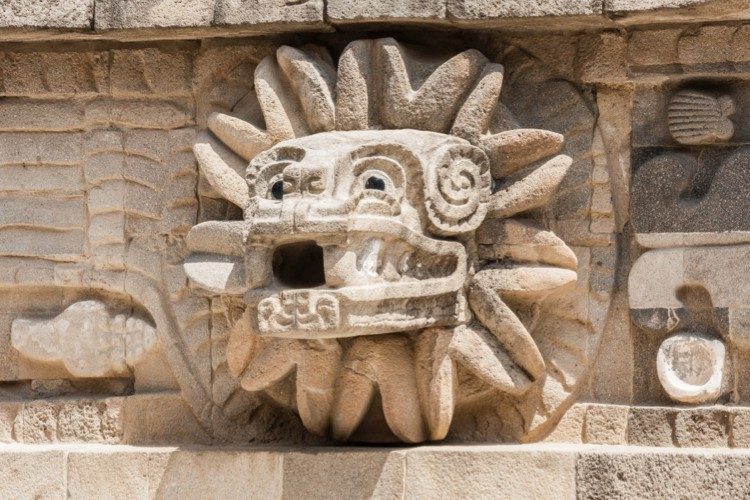
The California Department of Education is being sued over a new ethnic-studies curriculum that has students reciting prayers to Aztec gods whose worship rituals featured human sacrifice.
The California Board of Education recently approved an Ethnic Studies Model Curriculum for use in all public schools in the state. Chapter five of the curriculum includes a section titled “Affirmations, Chants, and Energizers” that students may be asked to recite.
Among the activities included in this section is the “In Lak Ech Affirmation,” an “adaptation” of an ancient Aztec prayer “into poetic, rhythmic, hip hop song form.” It’s bad enough that the adaptation features left-wing ideas such as “ecological & social justice,” having “a revolutionary spirit that’s … progressive,” and “decolonization” — concepts the ancient Aztecs would have laughed right out of Mexico. What’s worse is that the “affirmation” actually calls upon a variety of Aztec deities.
According to the lawsuit, filed Friday in San Diego County Superior Court, these deities “are honored and praised by repeatedly invoking their respective names followed by the mention of various attributes and principles relating to these Aztec gods.” Furthermore, the prayer is “intercessory,” asking the gods to grant the supplicants’ requests, and it “expresses thanksgiving.”
The complaint, filed by the Thomas More Society on behalf of the Californians for Equal Rights Foundation and three parents of current or former public-school students, goes into great detail about the Aztecs’ beliefs surrounding their gods and the ways in which they worshiped them. It summarizes its findings as follows:
The rituals performed by the Aztecs in relation to these beings were gruesome and horrific, involving human sacrifice, cutting out human hearts, flaying the sacrificed victims and wearing the skin, sacrificing war prisoners, and other inhuman acts and ceremony. Any form of prayer and glorification of these beings in whose name horrible atrocities were performed is repulsive to Plaintiffs and to any reasonably informed observer.
Lest one get the impression that these gods are simply relics of an ancient civilization, the suit notes:
The ancient Aztec religion is not a philosophy, dead mythology, historic curiosity, general outlook on life, or mere symbol. Rather, it is a recognized living faith practiced today both by descendants of the Aztecs and by others…. The fact that it is not large, institutional, or well-known does not change its status as a religion.
“In contrast to cultural or historical displays teaching about religion,” the plaintiffs argue, “the Aztec prayer is designed to effect a spiritual change in the students themselves, both in terms of how they feel and how they perceive truth.”
The curriculum also includes the “Ashe Affirmation,” which invokes the divine force of the traditional African religion of Yoruba, the basis for such pagan religions as Santeria and voodoo. The affirmation “seeks intercession from this divine force with regard to the school day, it honors this spiritual force by chanting its name, and it includes speaking to Ashe in a religious way,” reads the complaint.
The plaintiffs are asking the court to issue an injunction against the inclusion of the prayers in the curriculum and the use of them in the public schools. They contend that the prayers violate the free-exercise and establishment clause of the California constitution and the clause banning government aid to religion. Each prayer, they write,
is intended to involve all students in the classroom, forcing students to either participate in the prayer or elect not to participate and face the social implications of declining to participate, which represents a violation of such students’ rights to the free exercise of religion under the California constitution. Printing and disseminating the prayer also constitutes an improper government aid of religion in violation of the California constitution.
Progressives who despise Christianity — a group that includes the chairman of the committee that developed the curriculum — would undoubtedly scoff at these assertions. But as Paul Jonna, partner at LiMandri & Jonna LLP and Thomas More Society special counsel, asked in a press release, “Can you imagine if elements of the Christian faith were proposed to be included in the public school curriculum? What if a class incorporated praying to the Blessed Virgin Mary, or even reciting the Lord’s Prayer? How would that be received?”

